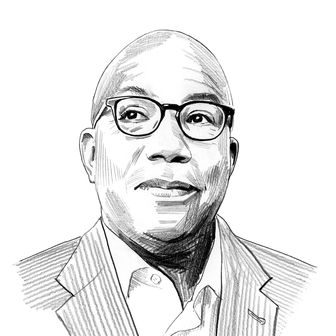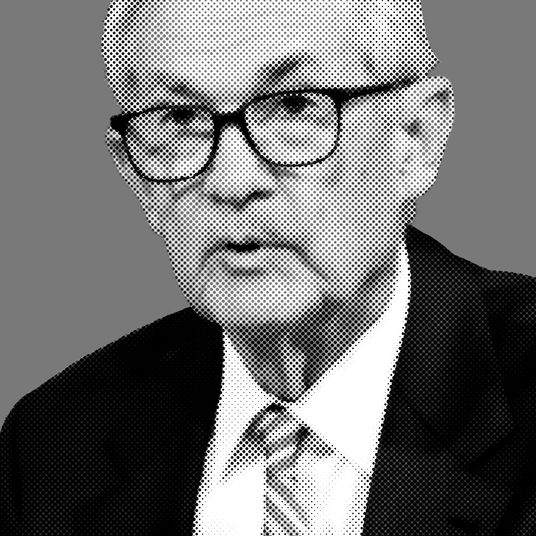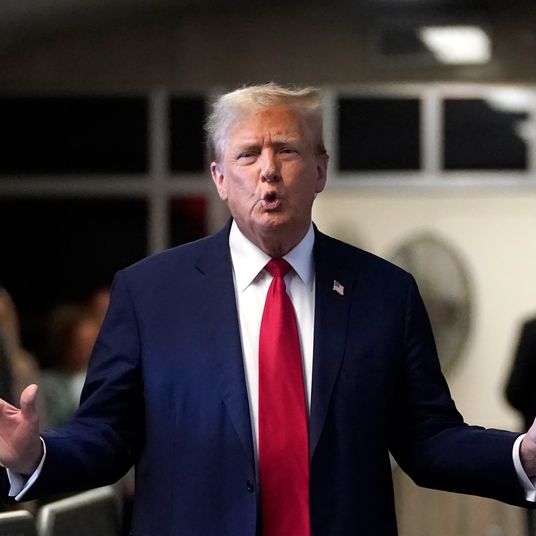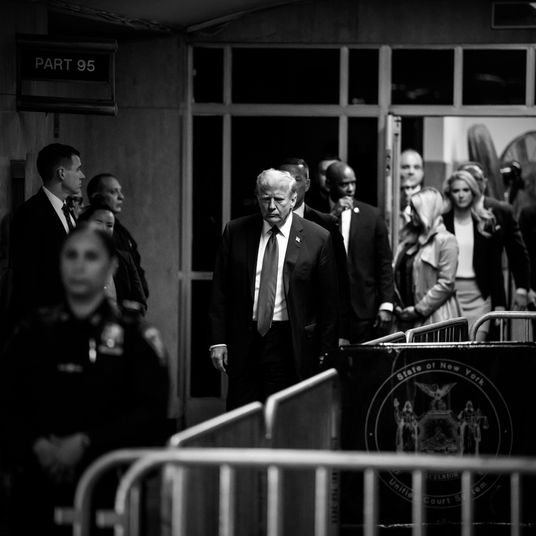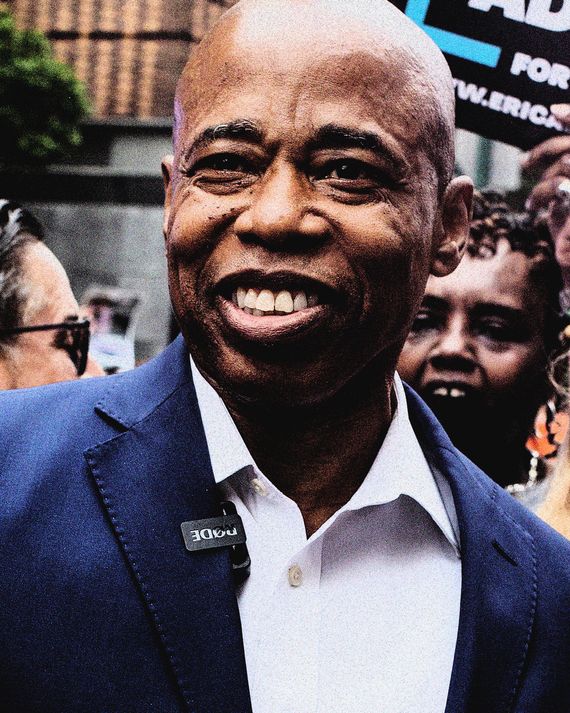
Even as he prepares for an all-but-certain victory in the November election for mayor, Eric Adams is facing a problem: His honeymoon is almost over before it has officially even started.
Thanks to the peculiarities of the political calendar, the minute Eric Adams won Democratic primary in June, he became the near-certain favorite to win the race for mayor. It’s also the first time in modern history that New York held a mayoral primary so early in the year. (In the past, primaries were held in September.)
In a city where Democrats have an overwhelming registration advantage, Adams is basically a lock. Betting and prediction markets give him a 97 percent chance of winning.
The current mayor, Bill de Blasio, has more or less checked out of the job, casting his eyes outward to a race for governor. That puts even more pressure on Adams to begin assuming responsibility.
But being inevitable has a downside: Adams’s nomination started the clock on the months-long honeymoon period during which newly elected mayors of New York normally get a measure of patience and tolerance as they go about staffing and organizing their administration.
By the time he gets sworn in on New Year’s Day, Adams will have nearly burned through that grace period. Politics, after all, is an impatient, results-based game, and those rules don’t change just because the Democratic primary date did. And Adams knows this.
“It’s important to me to be honest, and to be disciplined enough not to govern in crisis, and to look at laying the foundation of how do we become a better city,” he told me this week. “I’m going to be booed often because of that. I’m going to be heckled because of that.”
Adams, who spent two decades as a cop, knows he is viewed with suspicion, if not outright hostility, by critics of the NYPD. He frequently reminds them that he actually joined the NYPD in the 1980s at the urging of an activist minister, the Reverend Herbert Daughtry, and went on to publicly and frequently challenge his bosses on policing and alleged discrimination within the department.
“I was progressive before the term progressive actually existed. And I’m still that same guy,” he told me.
More to the point: Adams’s formative experience in the NYPD was as an aide to Jack Maple, creator of the Compstat system used to track criminal activity. “I was always fascinated with computers, and when I went to school to learn about computers, I wanted to be a computer programmer, became Cisco qualified,” Adams told me earlier this year. “It’s funny how that helped shape of my entire direction, even in law enforcement.”
Adams is a systems man. His answer to many of the city’s thorniest problems is to set up a tracking system and build policy around the analysis of real-time data. Years ago, when I asked him what was the best way to deal with failing elevators and other problems in public housing, his answer was that of a data geek: “They need a Compstat system that’s being monitored in real time,” he told me. “If you don’t wrap your head around a clear definition of the problem, you’ll never get ahead of it.”
He has carried that style into the race for mayor, publishing a book of 100 ideas for improving New York, but added an unusual twist: a need for more emotional intelligence in applying data-driven solutions.
“You know, what was the difference in this campaign? Everyone wanted to be heard. I wanted to be felt,” Adams said this week. “I wanted New Yorkers to feel me and say, ‘This guy lived the life that we are living — and he’s not a perfect person, but he’s a person that loves this city.’ And that’s what people heard.”
The imperative to make an emotional connection, he says, will extend to his commissioners.
“I don’t want people merely thinking outside the box. Darn it, we have to destroy the box,” Adams told me. “We have the criminal-justice system wrong. We’re running cities wrong. We’re dysfunctional. I’ve said this over and over on the trail — we’re feeding our crises. And so the person that is going to lead any agency that I am in charge of, they’re going to be emotionally intelligent and realize we have to change how we’re thinking on governing in this city.”
It’s a stunning acknowledgment: Adams predicts that, postelection, he will be misunderstood by some groups and heckled or protested by others. But sooner or later, he says, people will respect him, appreciate him — and most of all, feel his good ideas and good intentions as he transforms the running of New York.
Right now, Adams is staying in campaign mode, claiming to work as frenetically in the final weeks as he did during the long, crowded primary.
There is, of course, a system.
“I have not stopped moving at the same pace,” he told me, humblebragging about a grueling daily routine. “We’re still doing 13 campaign events a day. We’re still waking up at 5 a.m. — meditating, doing my breath work, getting my smoothie, exercising, and hitting the doors”— canvassing—“until 1 a.m., seven days a week. I’m committed to this.”
He is scheduled to square off in at least two televised debates against his main opponent, Republican and Independent Party candidate Curtis Sliwa. But for now, Adams — who has raised and spent far more than his opponent — is treating Sliwa as more of an annoyance than a threat.
“We are going to have to endure the antics of a person that thinks that this is a circus for the next four weeks, and I’m going to tolerate it because that’s the process,” Adams recently told radio host Brian Lehrer on WNYC. “But can we take Curtis Sliwa seriously on anything, based on his history in the city?”
The showdown between Sliwa and Adams may turn out to be more fizzle than fight, but longtime political consultant Hank Sheinkopf — himself an ex-cop with a Ph.D. in political science and hundreds of campaigns under his belt — says a transformative mayoralty may be at hand.
“He is the Everyman of New York who we always should have had. He happens to be Black,” Sheinkopf says of Adams. “We really need somebody like this. Who makes the beds in this town? Who cooks the food? Who patrols the streets and drives the buses? It’s the Black and brown people, it’s the immigrants. He is the ultimate expression of what New York is supposed to represent.”
The son of a mother who cleaned houses for a living, Adams, of the Bayside High School class of 1978, would be the first mayor in 48 years to have graduated from one of our city’s public high schools. (Mayors Ed Koch and David Dinkins grew up in New Jersey, Mike Bloomberg and Bill de Blasio hail from Massachusetts, and Rudy Giuliani graduated from Brooklyn’s renowned Bishop Loughlin Catholic private academy. Not since Abe Beame, alumnus of the old High School of Commerce, has the public system given us a mayor.)
“He represents the best of the city. The people who make it work, and the people who care enough to live here and make it work,” says Sheinkopf. If he can figure out how to bridge the different elites of this town, he’ll be unstoppable.”
For now, Adams is enjoying both the final days of his honeymoon and connecting.
“The other day, I was driving down Fulton Street, and there it was around 9 p.m., and there was a group of young men in the barbershop, just hanging out. You know how we do in the barbershop in our community,” he told me. “I just pulled over and went inside the barbershop and sat down and talked to them and said, ‘What’s going on in your lives? How do you feel?’”


